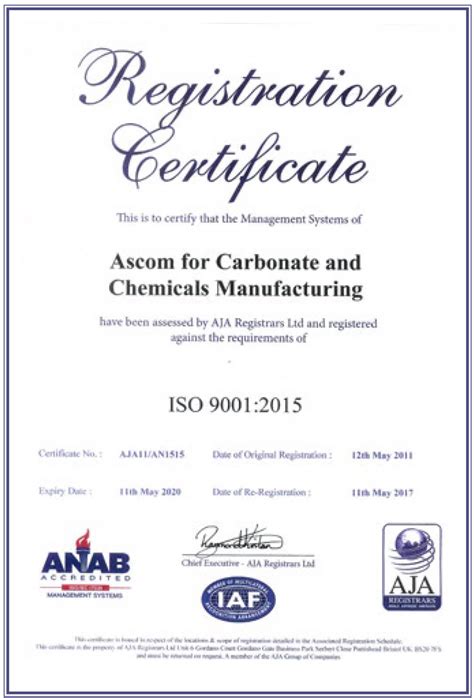Why is Certification Important for Products?
Understanding the Role of Certification in Product Safety and Quality
Product certification is an essential process that assures consumers, businesses, and regulators of a product’s safety, quality, and compliance with specific standards. This article delves into the critical role of certification in various industries, exploring why certification matters, its impact on consumer confidence, and how it shapes market dynamics.
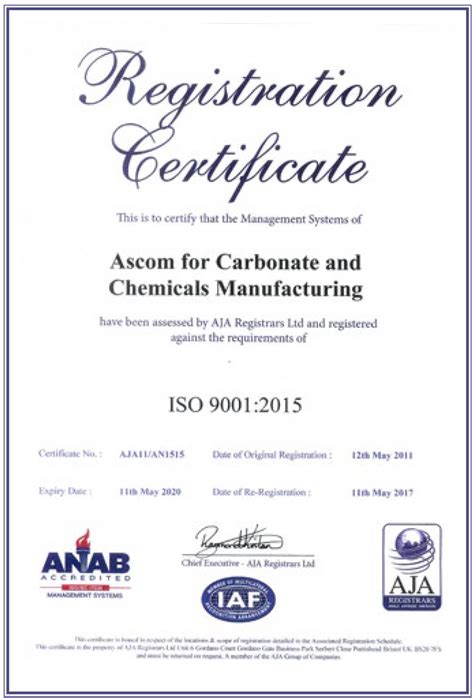
How Does Certification Ensure Product Safety?
Certifying a product for safety involves rigorous testing and assessment processes that ensure the product complies with established safety standards. These standards vary by industry and product type, but all aim to reduce risks associated with product use. Here’s how certification contributes to product safety:
- Verification of material quality and durability
- Assessment of manufacturing processes to detect potential risks
- Compliance with regulations, ensuring products do not harm users
- Identification of potential hazards before products reach the market
Certification provides peace of mind to consumers, as it assures that products have passed stringent safety checks, reducing the likelihood of malfunctions and recalls.
The Impact of Certification on Consumer Confidence
When consumers see a certification mark on a product, it significantly enhances trust. Certification instills confidence by demonstrating that the product meets industry standards, giving consumers assurance of both quality and safety. Here’s how certification influences purchasing decisions:
| Consumer Concern | Certification Impact |
|---|---|
| Product Safety | Ensures that products meet required safety benchmarks |
| Quality Assurance | Indicates adherence to quality standards |
| Environmental Compliance | Shows a commitment to sustainability |
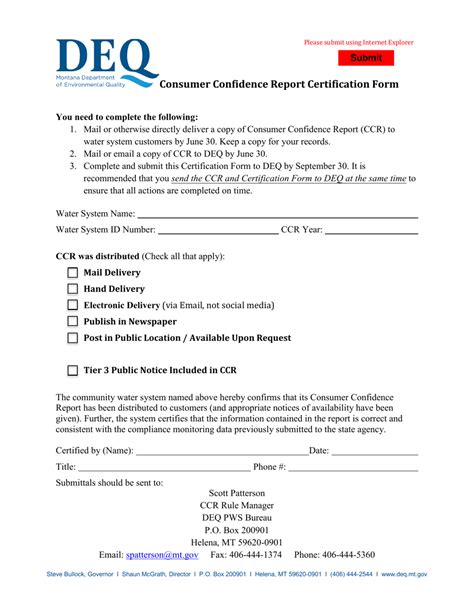
How Certification Supports Regulatory Compliance
Certifications align with regulatory compliance requirements across industries, helping businesses avoid penalties and ensuring that their products meet legal standards. Certification bodies often coordinate with government regulations to ensure that products sold on the market adhere to strict laws designed to protect public safety. Some key benefits include:
- Reduced risk of legal issues or fines for non-compliance
- Streamlined product approval processes in regulated industries
- Assurance of international compliance for global distribution
The Role of Certification in Product Quality Assurance
Quality assurance is a crucial aspect of product development, and certification plays a central role in verifying the quality of products. By assessing factors like durability, performance, and material integrity, certification bodies ensure products meet consumer expectations. Quality assurance through certification includes:
- Testing for durability and lifespan under various conditions
- Evaluating performance consistency
- Ensuring reliability over long-term use
Why Environmental Certifications Are Important for Sustainable Products
With growing awareness around sustainability, environmental certifications like Energy Star, FSC, and LEED have become more relevant. These certifications assure consumers that the product meets ecological standards, such as reduced carbon footprint, efficient energy use, and sustainable sourcing. Advantages of environmental certification include:
- Promotion of eco-friendly products
- Reduction in environmental impact
- Encouragement for companies to adopt greener practices
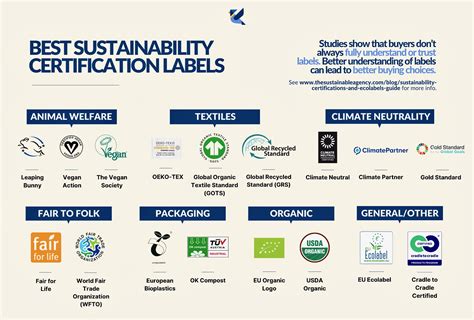
How Certification Influences Product Pricing
Certification can impact the pricing of products, often leading to higher prices. However, certified products are viewed as more reliable and safe, which can justify the premium. Certification factors that affect product pricing include:
- Testing and certification costs
- Higher quality materials to meet certification standards
- Longer product development timelines for compliance
This cost, however, is often offset by increased consumer trust and perceived value, making it worthwhile for both consumers and manufacturers.
The Global Standardization of Certification and Its Benefits
Certification enables global standardization, making it easier for consumers to trust products across borders. International standards like ISO and UL help create a unified framework for safety and quality. Some benefits include:
- Enhanced trade opportunities by meeting global standards
- Increased product reliability and consistency across markets
- Streamlined international product distribution and sales
How Certification Prevents Counterfeiting
Certification marks provide a defense against counterfeits, as they signify authenticity and compliance. Many consumers and businesses rely on certifications to differentiate genuine products from counterfeit ones. Counterfeit prevention is essential for brand protection and consumer safety, and certification plays a role by:
- Using identifiable marks to denote authenticity
- Reducing the risk of harmful counterfeit products
- Supporting legal action against counterfeiters
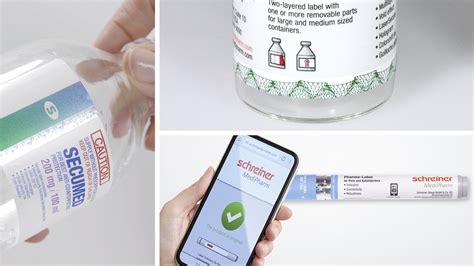
Certification’s Role in Consumer Protection and Education
Certification informs and protects consumers by offering reliable indicators of product safety and quality. Educating consumers on the importance of certification can lead to more informed purchasing choices. This knowledge empowers consumers to seek certified products, enhancing safety in everyday life.
Why Certification is a Long-Term Investment for Brands
For brands, certification represents a long-term investment that builds reputation, trust, and customer loyalty. By meeting industry standards and regulatory requirements, companies demonstrate their commitment to quality. Long-term benefits include:
- Enhanced brand reputation and consumer trust
- Reduced liability risks associated with non-certified products
- Increased customer loyalty due to consistent product quality
Summary Table of Certification Benefits
| Aspect | Benefits |
|---|---|
| Safety Assurance | Reduces risk of accidents and recalls |
| Consumer Trust | Builds confidence in product quality and reliability |
| Regulatory Compliance | Ensures adherence to legal standards |
| Counterfeit Prevention | Distinguishes authentic products from fake ones |
| Sustainability | Encourages eco-friendly product development |
FAQs About Product Certification
What are the main types of product certification?
Product certifications vary by industry, including safety, environmental, and quality certifications.
Why is certification critical in the electronics industry?
Certification ensures electronic products meet safety standards, reducing fire and electrical hazards.
How does certification affect product liability?
Certified products have reduced liability risks due to compliance with safety standards.
What is the process of obtaining a product certification?
The process includes testing, assessment, and adherence to standards set by certification bodies.
Is certification necessary for all products?
Not all products require certification, but high-risk products benefit significantly from it.
Does certification influence customer loyalty?
Certified products are viewed as trustworthy, often leading to increased customer loyalty.
Can certification help a product enter international markets?
Yes, meeting international standards through certification facilitates global market access.

